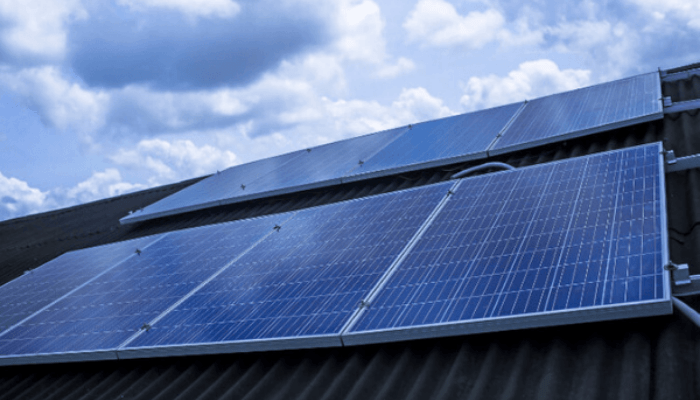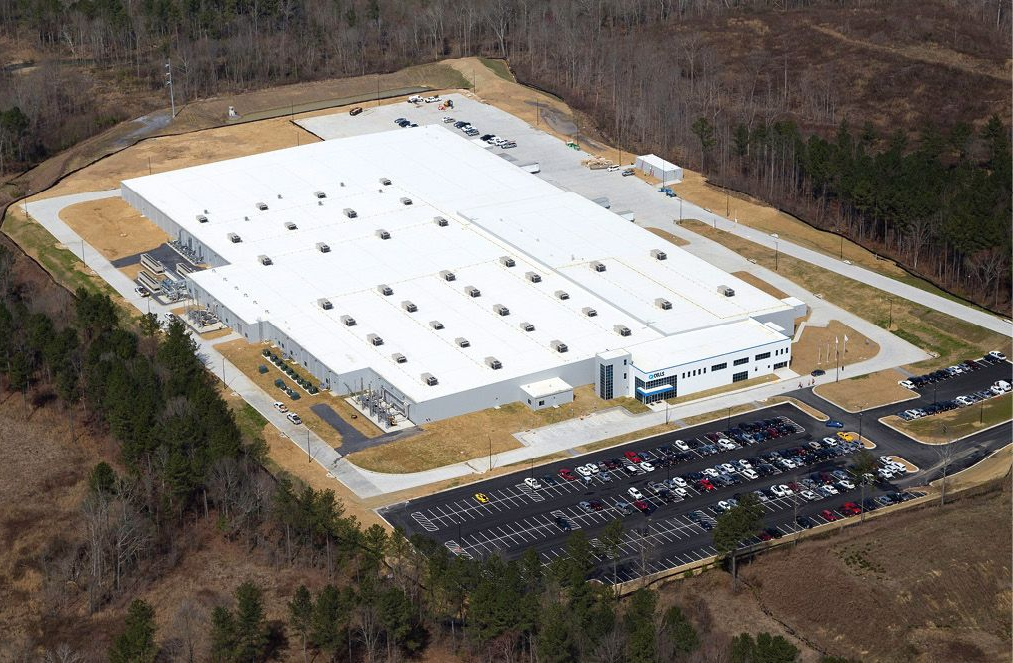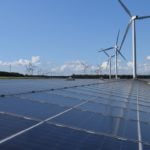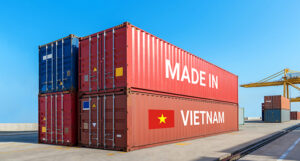On March 26, 2025, the Nigerian government, through the Minister of State for Technology, Uche Nnaji, announced plans to stop the importation of solar panels. The government claimed that the move to ban solar panel importation was to encourage local production of solar panels. A blanket ban on solar panel importation threatens small and medium-sized enterprises and the broader economy. Rather than implementing a ban, the federal government should encourage joint ventures with foreign experts, reduce tariffs on solar panel importation, and adopt a phased approach to import reduction. These steps would promote local production and lower the cost of solar energy in Nigeria.
Nigeria’s unstable power supply has made solar energy a necessity. Imposing a ban on solar panel importation could lead to scarcity. This scarcity will cause a spike in price, pushing solar energy beyond the reach of average Nigerian business owners. A ban on solar panel importation will also increase the cost of doing business and the cost of living, pushing households and businesses back to fuel-powered generators.
Instead, the government should promote partnerships between local businesses and well-established foreign manufacturers of solar panels. These partnerships will facilitate the transfer of technical knowledge and provide the experience needed for Nigeria to build a robust local solar energy sector. Nigeria’s solar energy sector is still in its infancy, and local production cannot meet nationwide demands.
Similar to the Nigerian government’s 2015 ban on rice importation, banning solar panel importation to boost local production could hike prices. The government banned rice importation through land borders and imposed a 70 percent tariff on imports via sea. While the ban increased local output, it also caused rice prices to rise by over 200 percent within seven years.
To avoid a surge in the price of solar panels, the Nigerian government must consider partnership instead of restrictions. Partnering with foreign manufacturers with expertise in solar panel production is a more proactive approach. For example, through joint ventures, technology transfer agreements, and the creation of local assembly plants, Nigeria can build local capacity for solar panel production while maintaining quality and affordability. This measure will support the government’s goal of growing local production while ensuring continued access to affordable solar solutions.
Don’t be left stranded by the next Facebook outage. Click image to subscribe!
https://goldmyne.tv/nigerias-move-to-ban-solar-panel-importation-is-a-threat-to-smes/





